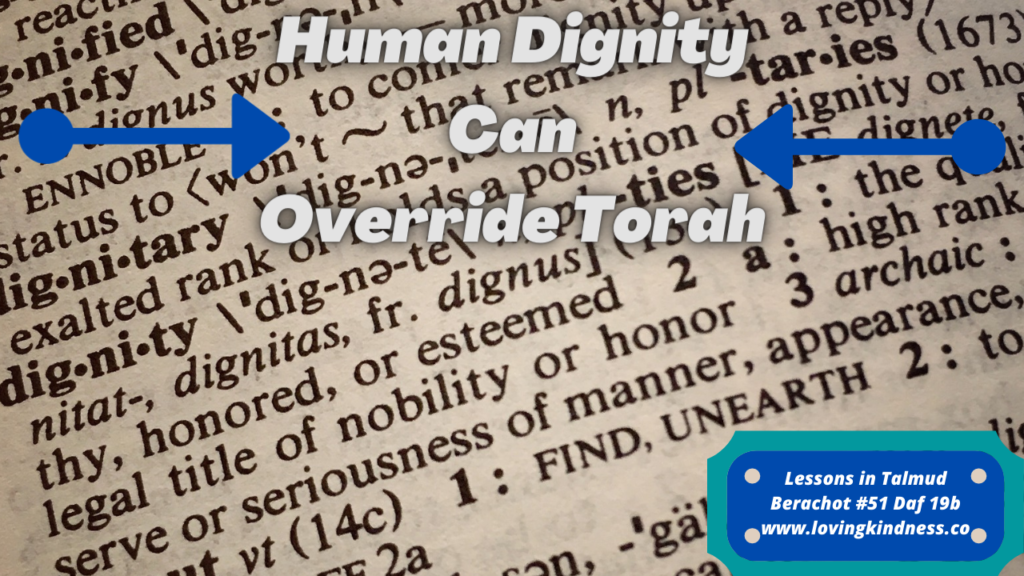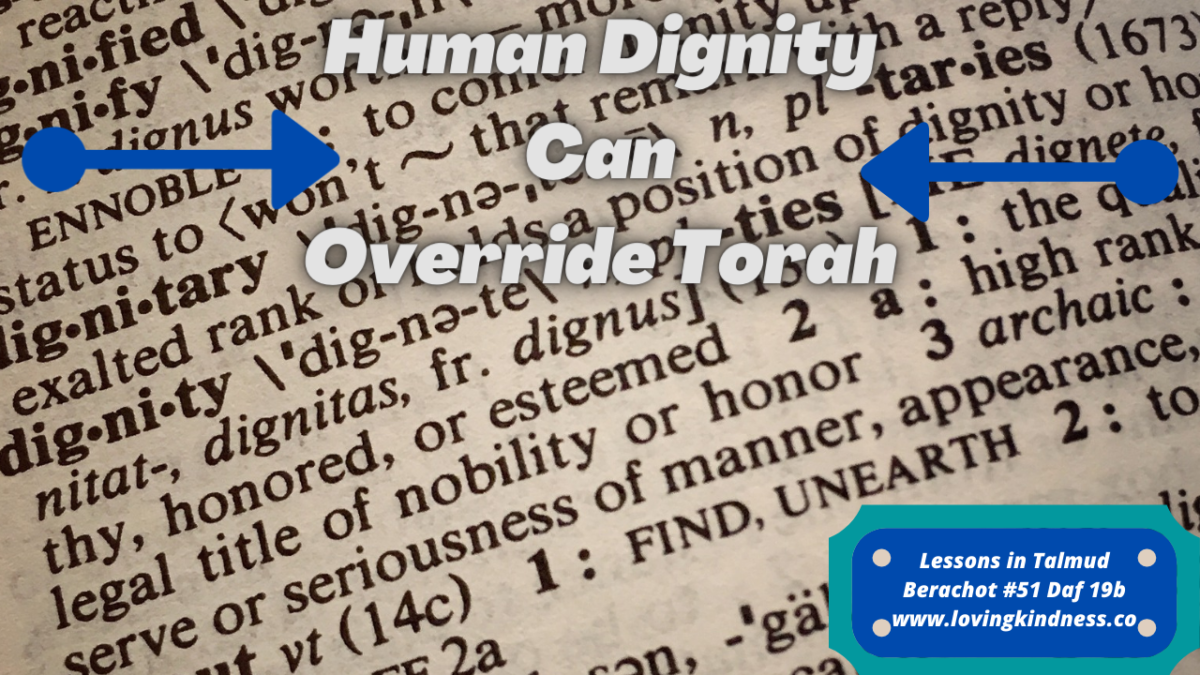
The Mishnah had instructed us with regards to the laws of reciting the Shema when taking part in a funeral. Here the Gemara continues to explain in further detail the relevant laws as to who is obligated and who is exempt from reciting the Shema.
The Gemara then launches into a new subject. We learn about the concept of the Torah being considered the ultimate rule in life. In other words, when we are faced with a doubt about doing something, we should know that the rule of the Torah stands and instructs us as to the correct choice to take. “There is no wisdom, no understanding nor counsel (advice) against God”. In other words, the Torah has the final say in matters and we must appreciate its divinity.
Therefore, when faced with situations in life that require thinking out – we should always turn to the Torah’s approach.
The Gemara begins with a scenario concerning a person who would see someone at the market place wearing a forbidden garment (a garment mixed with wool and linen – kilayim/shaatnez). What is the correct thing to do? It is to remove the garment from that person – even if it were his teacher! This is because of the principle laid out above. Since the Torah knows what is best for us – it is even better to remove the garment in the middle of the market place than to wait it out until later. (This of course only pertains to shaatnez which is biblically prohibited.)
The Gemara then begins a series of different events showing that though the actions taken by the various people in those circumstances went against the rule above, the events were acceptable because the rabbis ruled that the honour of people is greater than the problem at hand. Nevertheless, we do not abrogate Torah just for the sake of a person’s honour.
The Gemara discusses an issue of following a mourner back along a path filled with impurity (though it is strange that the Torah would allow one to go along this path even though one is doing so for the sake of the mourner).
The Gemara then discusses the case of a Beit Peras (listen to the lesson to find out what this is) and that one may pass through the Beit Peras to visit a mourner (even though the path has a possibility that it could be impure).
The Gemara relates a story about Rabbi Elazar bar Tzadok who was a Kohein, and he would jump over coffins of the deceased just to visit the kings of Israel. This – even though it is forbidden for a Kohein to come into contact with the dead due to his becoming impure…
The Gemara speaks about the well known case of the Mitzvah to return a lost object to its owner. Even though this is the case, there are some who can exempt themselves from this Mitzvah for various reasons. In all these cases – we are making an allowance because the honour of people supersedes the rabbinical enactment.
Our last case discusses the case of a Nazir, who though it be that he may not make himself impure even to his own sister, he may do so for a Meit Mitzvah (a person who has died and has nobody else available to take care of his burial.)
Our lesson ends with a question posed by Rav Papa to Abaye. Why were the earlier generations deserving of miracles more readily than they were then (and all the more so today) and discusses a particular story concerning Rabbi Yehuda.


